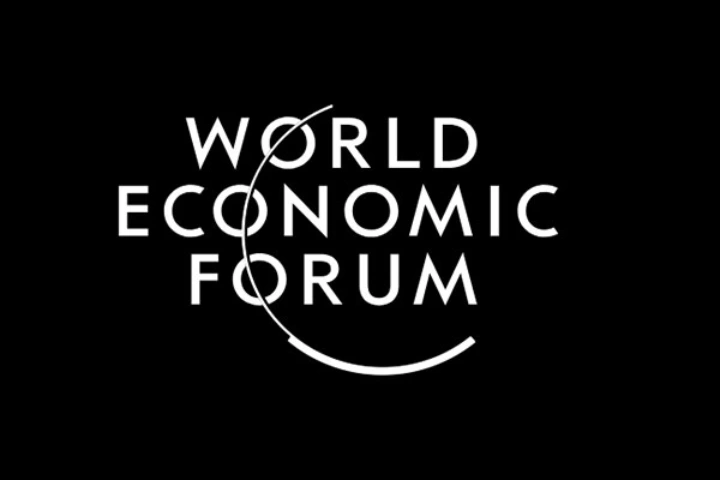The latest Chief Economist Outlook released by the World Economic Forum on Wednesday offers a cautiously optimistic view of the global economy in 2024, albeit with significant political risks.
According to the report, 82 percent of chief economists expect the global economy to either strengthen or remain stable this year, nearly double the projections for late 2023.
The share of those predicting a recession due to global conditions fell dramatically from 56 percent in January to just 17 percent.
However, geopolitical and domestic political tensions still persist. Nearly 97 percent of respondents expect geopolitical factors to contribute to global economic instability in 2024.
Additionally, 83 percent believe domestic politics will also be a significant source of instability, especially since nearly half of the world’s population will vote this year.
Saadia Zahidi, Managing Director of the World Economic Forum, said: “The latest outlook from leading economists provides welcome but tentative signs of improvement in the global economic environment. It underscores the complex landscape that leaders are grappling with. There is an urgent need for policymaking that seeks not only to revive the engines of the global economy, but also to lay the foundations for more inclusive, sustainable and resilient growth.”
The outlook for economic growth varies considerably by region. The survey shows substantial improvement in the United States, where nearly all chief economists (97 percent) now expect moderate to strong growth this year, up from 59 percent in January.
Asian economies also show strong prospects, with all respondents expecting at least moderate growth in South Asia and East Asia and the Pacific regions.
Expectations for China are slightly less optimistic, with three-quarters expecting moderate growth and only 4 percent predicting strong growth.
In contrast, the outlook for Europe remains gloomy, with nearly 70 percent of economists predicting weak growth for the remainder of 2024.
Other sectors are expected to experience broadly moderate growth, reflecting slight improvements since the last survey.
The survey highlights the growing challenges facing businesses and policymakers. According to 86 percent of respondents, tensions between political and economic dynamics are expected to increase, which will be a significant challenge for decision-makers this year. In addition, 79 percent of people anticipate that increasing complexity will impact decision-making processes.
Key factors influencing corporate decision-making include the overall health of the global economy (cited by 100 per cent), monetary policy (86 per cent), financial markets (86 per cent), labour market conditions (79 per cent), geopolitics (86 per cent) and domestic politics (71 per cent). Interestingly, 73 per cent of economists believe companies' growth objectives will influence decision-making, almost double the proportion citing the role of companies' environmental and social goals (37 per cent).
Looking ahead, most leading economists are optimistic about the prospects for sustained global growth, with nearly 70 percent expecting a return to 4 percent growth within the next five years (42 percent within three years).
In high-income countries, growth is expected to be driven by technological change, artificial intelligence, and the green and energy transition.
However, there is less consensus on the impact of these factors in low-income economies. Geopolitics, domestic politics, debt levels, climate change and social polarisation are expected to have a wide range of impacts on growth in both high- and low-income economies.
Policy initiatives to boost growth over the next five years include innovation, infrastructure development, monetary policy, and education and skills.
Lower-income economies are believed to benefit more from interventions in institutions, social services, and access to finance than higher-income economies.
There is significant disagreement about the impact of environmental and industrial policies on growth.
PressNews24 provides latest news, bollywood news, breaking news hollywood, top tech news, business standard news, indian economy news, world economy news, travel news, mumbai news, latest news mumbai loksabha election 2024, video viral news, delhi news, Only at PressNews24.in






